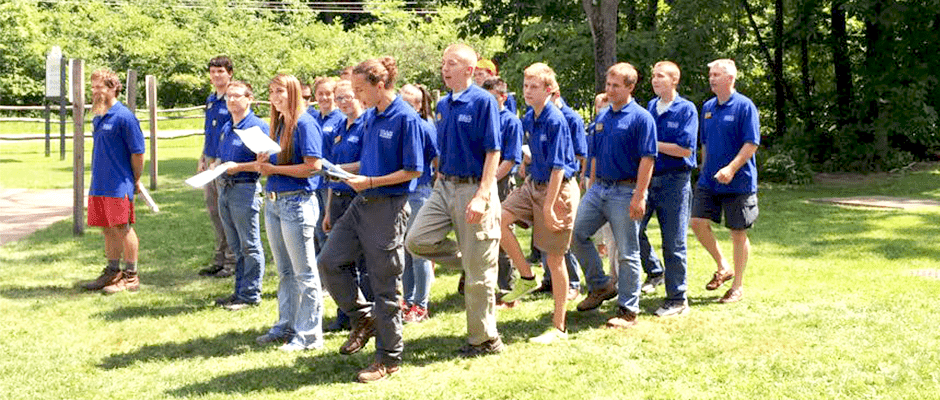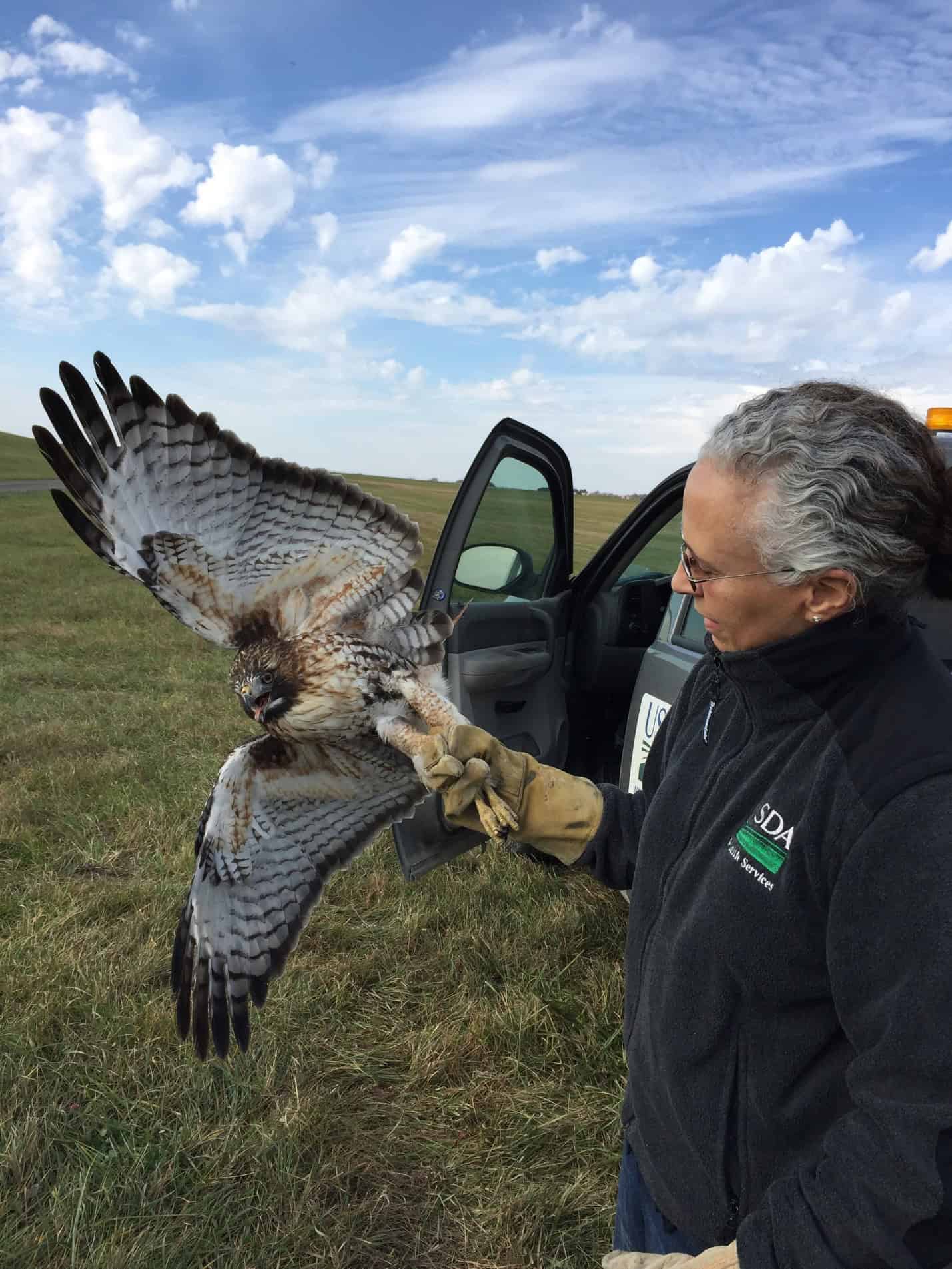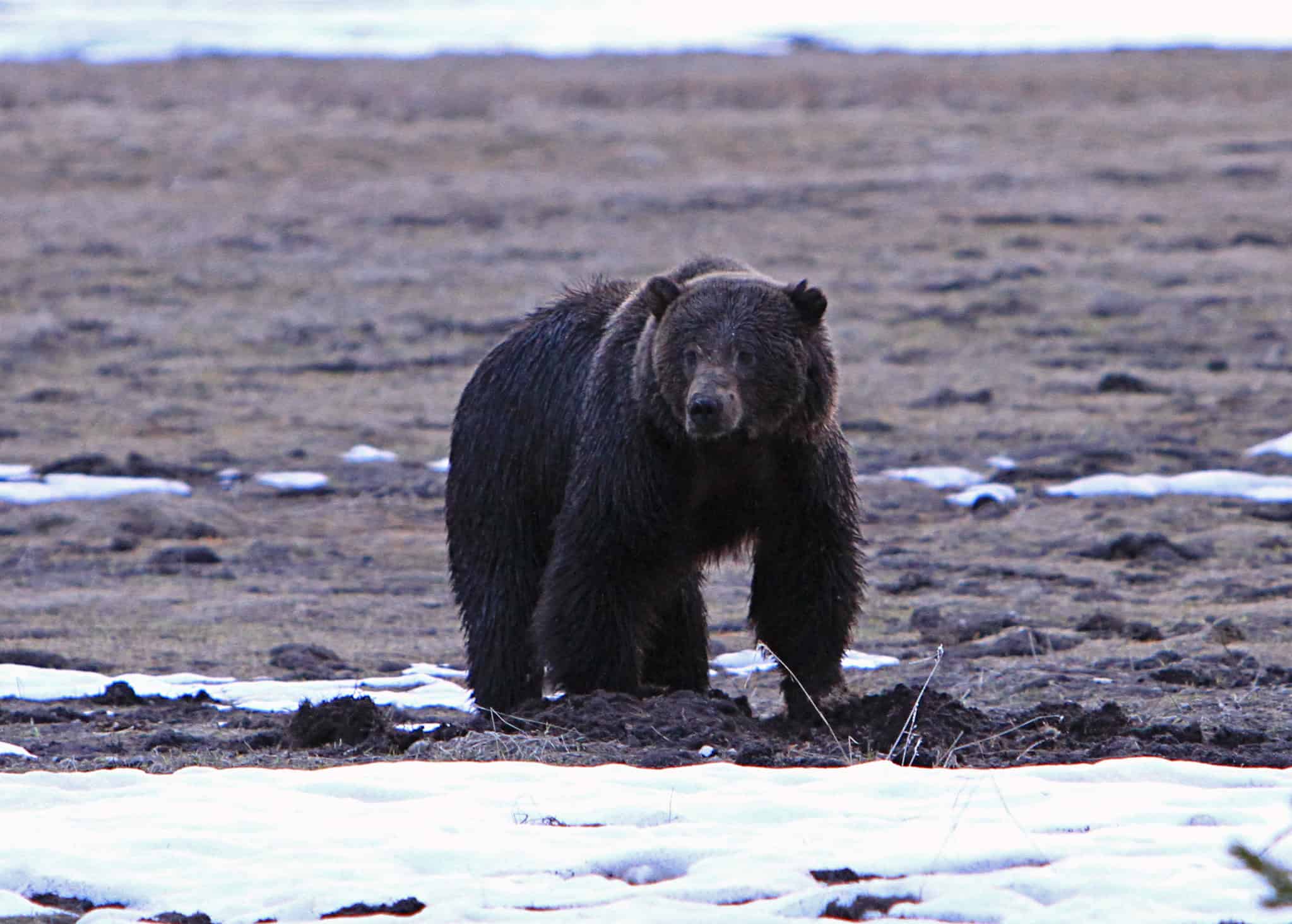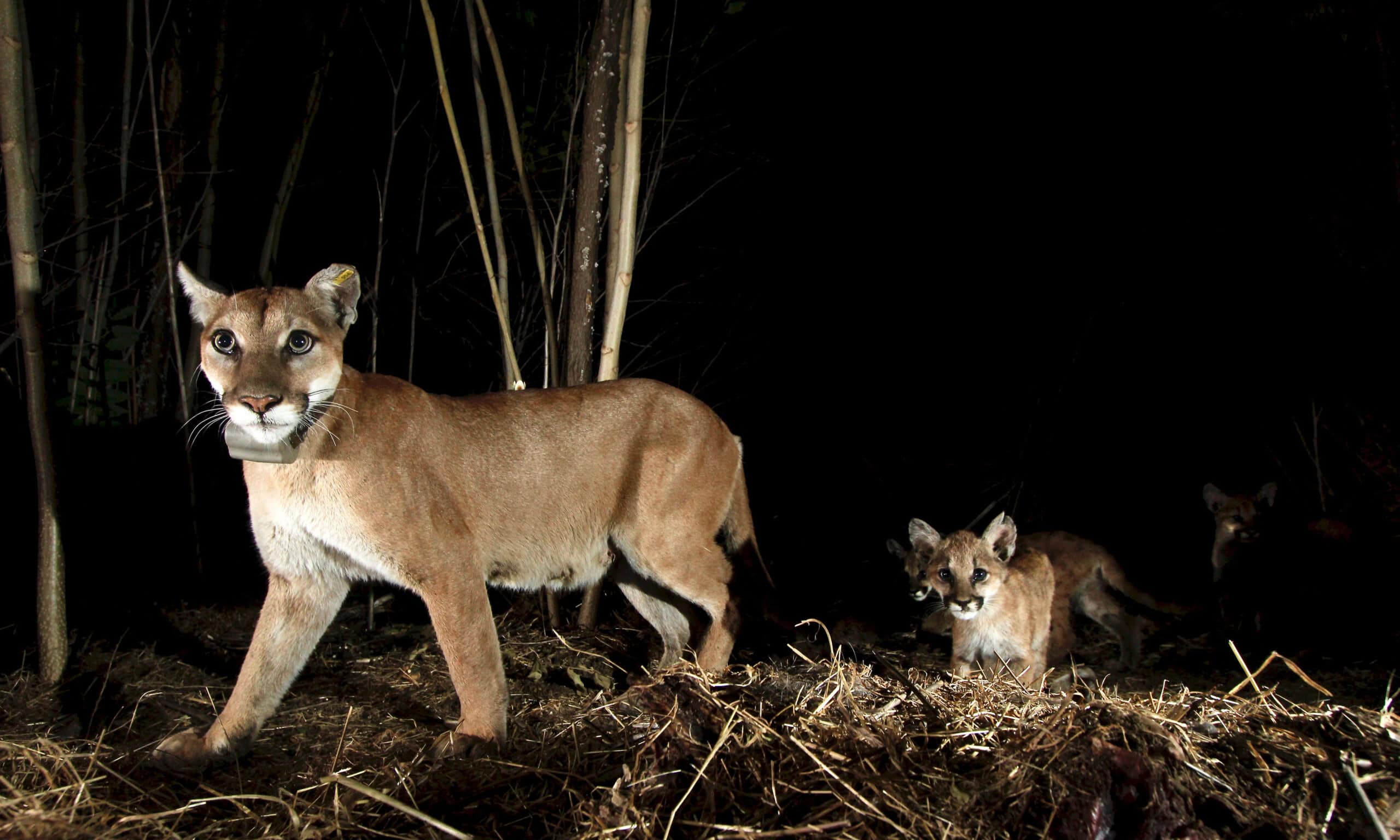Share this article
Summer camp teaches high schoolers about ruffed grouse
The Wildlife Society is committed to fostering the careers of wildlife biology students of all ages. Gabrielle Dodson, a freshman at Ferndale Area High School in Johnstown, Pennsylvania, recently had the opportunity to learn more about wildlife — ruffed grouse (Bonasa umbellus) in particular — during a week-long summer camp. The following is her account and reflection on her experience.
Last summer, I attended the Wildlife Leadership Academy, a week-long summer camp sponsored by the Pennsylvania Institute for Conservation Education. The activities during the week focused on ruffed grouse ecology.
The experience benefited me in many ways. Not only did I become more aware of the environment and learn all about ruffed grouse, I met some really amazing people and developed skills that I will use throughout my lifetime.
Many kids attend summer camps every year, but this camp was very different. It wasn’t all fun and games at the Wildlife Leadership Academy. About 40 other campers and I were there to learn about wildlife.
Every morning around 6 a.m., we woke up and reported to cadences — or morning marches — before breakfast. This structured schedule taught us the importance of being neat and tidy, and on time. The marches also taught us how to work together as a group and put smiles on our faces even though we had to get up early in the morning during summer break. After cadences and breakfast, we reported to the classroom to learn all about ruffed grouse.
During our classroom instruction, we studied how ruffed grouse survive, feed and mate, where they live and more. We also learned why ruffed grouse are generally referred to as “drummers.” Male ruffed grouse are highly territorial and will stand atop a log and beat their wings in the air quickly and harshly, which makes a “drumming” sound in defense of their home and hens. The males also display similar drumming characteristics when courting mates.
Following our classroom instruction, we learned about plants while walking through the woods. Our guides taught us that ruffed grouse prefer young forest areas over mature forests because young trees offer better food and coverage. Our wilderness walks also taught us to appreciate downtime and gave us a deeper respect for the serenity that the woods provide.
Also during the week, we had the opportunity to watch trainers teach young dogs to hunt birds such as the ruffed grouse. Although several types of dogs are used in hunting, we met a young springer spaniel and a Labrador retriever pup that were in training. Later in the week, we spent a day at the shooting range where we learned how to shoot clay pigeons.
Other activities we participated in included outdoor photography and learning how to dissect ruffed grouse. A local veterinarian assisted us with the dissection. In this exercise, we learned about the anatomy and internal workings of the grouse. We also got a quick tutorial on the bird’s eating habits since we discovered some berries in the bird’s throat. We didn’t waste the bird — when we finished the dissection, the bird was cleaned and prepared to eat.
During the week, we also took part in a debate about natural gas drilling with some local professionals. This experience gave us various perspectives on the controversial topic. By participating in the debate, we learned to be confident, yet professional, when dealing with difficult issues. We also learned how to voice our opinions in a professional manner, which can be more difficult than you think when you are passionate about a topic.
Throughout the week, our group of campers participated in team building activities, or games in which participants work together to accomplish a goal. We also learned about the environment and what determines the survival or the extinction of a species. One very important lesson we learned was that every person has the ability to change or conserve the environment with just a simple understanding and appreciation of it.
As a result of attending the Wildlife Leadership Academy, today I value the environment even more than I did before. Thanks to the drummers, I learned that I can make a difference.
Header Image: High school students at the Wildlife Leadership Academy week-long summer camp complete their morning cadences. Image courtesy of Loraine Dodson.








